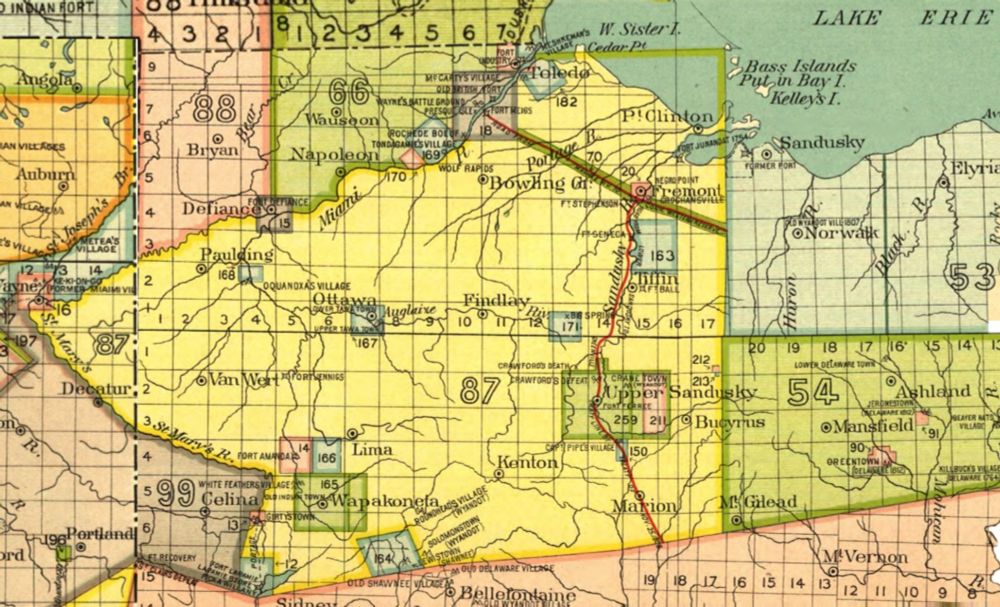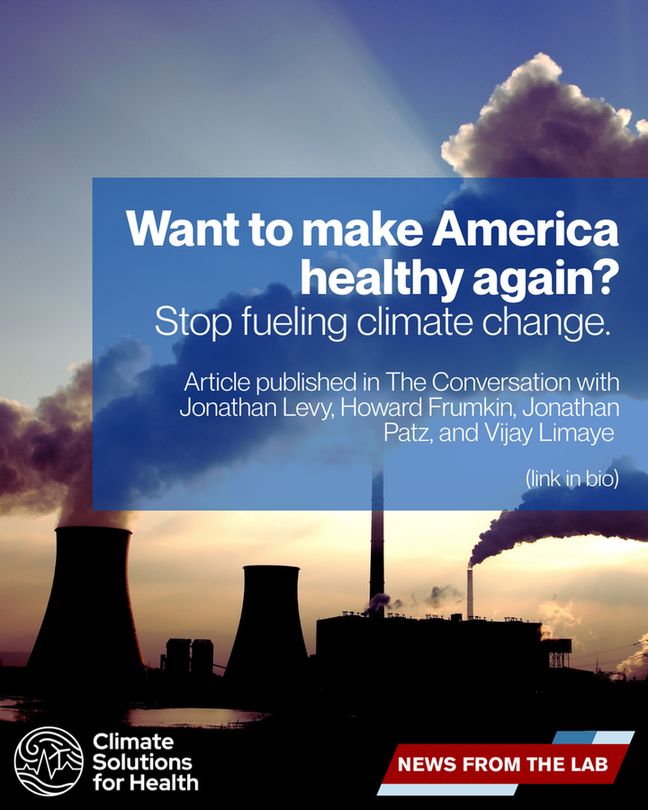

aslopubs.onlinelibrary.wiley.com/doi/full/10....

aslopubs.onlinelibrary.wiley.com/doi/full/10....
www.nytimes.com/2025...

www.nytimes.com/2025...
More information is available here, and don't hesitate to reach out if you have any questions.
careers.udel.edu/en-us/job/50...

More information is available here, and don't hesitate to reach out if you have any questions.
careers.udel.edu/en-us/job/50...
www.greatlakesnow.org/2025/11/the-...

www.greatlakesnow.org/2025/11/the-...
artsci.utk.edu/meads-quarry...

artsci.utk.edu/meads-quarry...



www.sciencedirect.com/science/arti...

www.sciencedirect.com/science/arti...

-Carl Sagan, Cosmos
-Carl Sagan, Cosmos
If carbon emissions don't peak until 2080, daily extreme precipitation over land could increase by 37% by 2100.
www.science.org/content/arti...

If carbon emissions don't peak until 2080, daily extreme precipitation over land could increase by 37% by 2100.
www.science.org/content/arti...
For full consideration, all materials must be received no later than 11:59pm on December 31, 2025.
jobs.wisc.edu/jobs/profess...

For full consideration, all materials must be received no later than 11:59pm on December 31, 2025.
jobs.wisc.edu/jobs/profess...
doi.org/10.1016/j.jg...
doi.org/10.1016/j.jg...
theconversation.com/want-to-make...
#climatechange #publichealth



www.foxweather.com/watch/fmc-ws...

www.foxweather.com/watch/fmc-ws...


www.sciencedirect.com/science/arti...

www.sciencedirect.com/science/arti...



